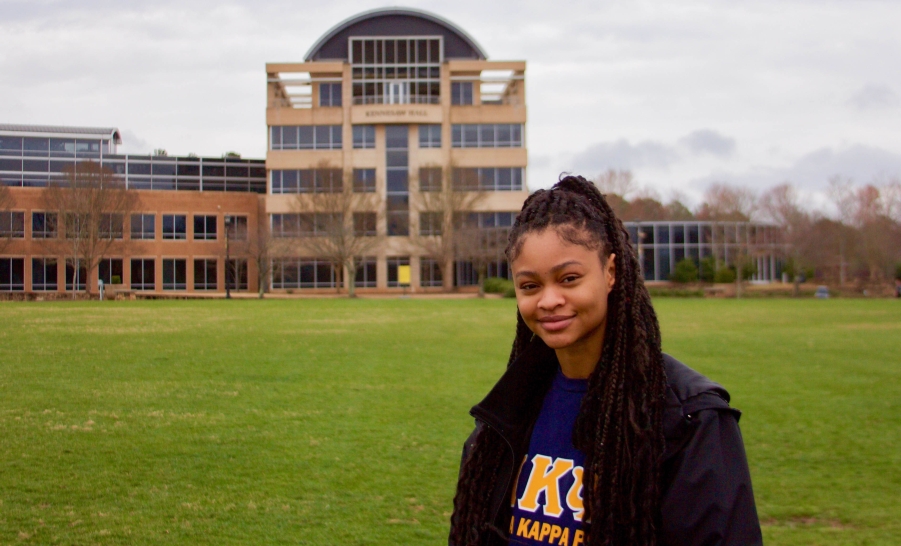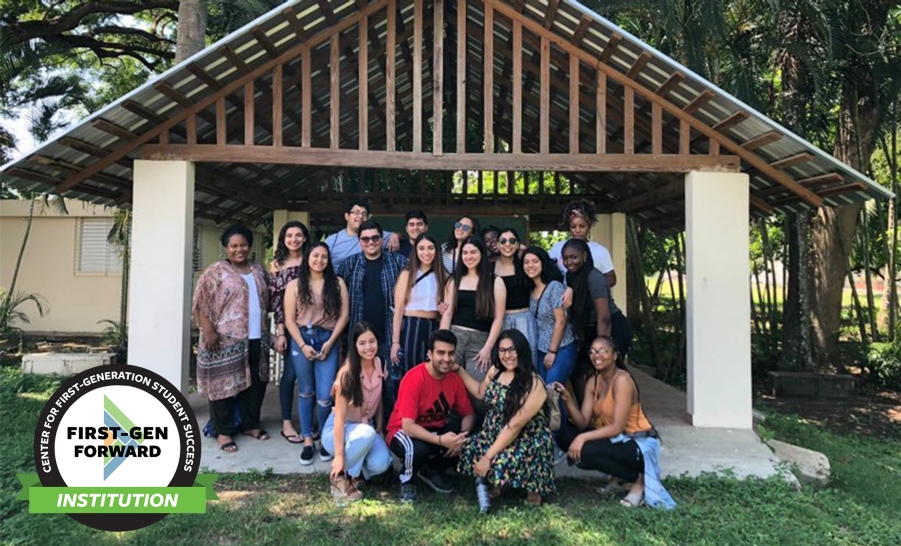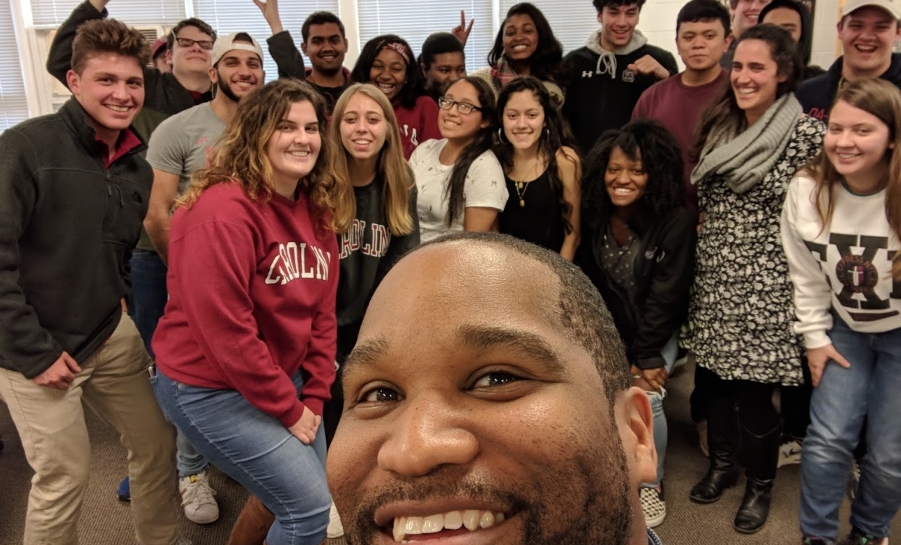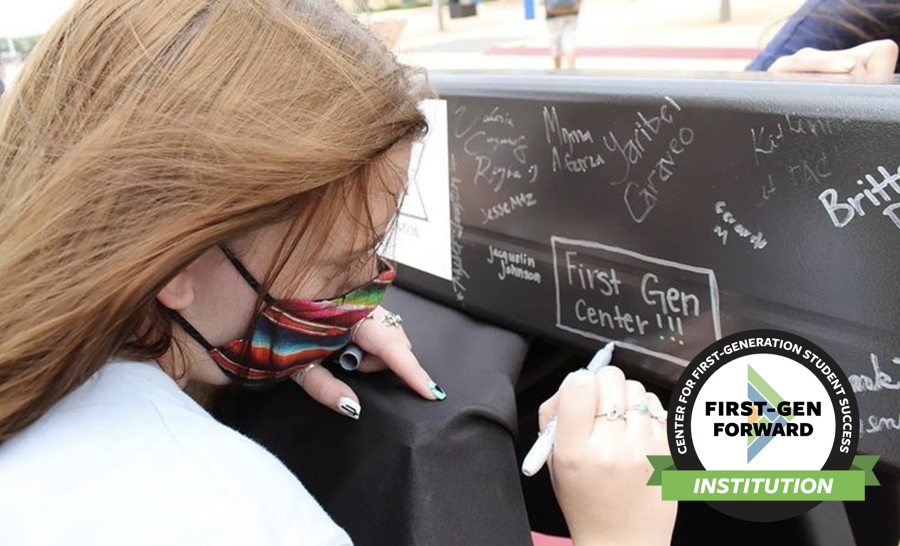First-generation Student Allies and Institutional Agents: Food Service, Housekeeping, and Maintenance Staff
La’Tonya Rease Miles Ph.D., ReUp Education / FirstGen Forward / December 04, 2018
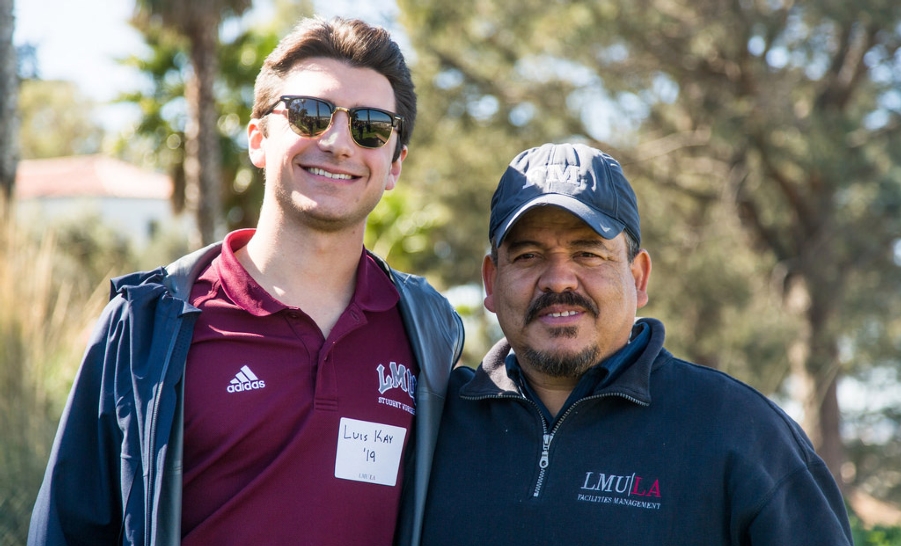
There is a critical moment in an episode of “Star Trek: The Next Generation” when Captain Picard, who believes that he is dying, tells a young ensign that when he arrives at Starfleet Academy to look for the main person who helped him become successful there, i.e., a man named Boothby. “What does he teach?” Wesley Crusher asks. To his surprise, we learn that Boothby is the groundskeeper who has mentored hundreds of cadets for over 50 years and is, according to Picard, “one of the wisest men [he] ever knew.”
Picard’s experience is not unique. It is common for upstart students to bond with campus workers who are in food service, housekeeping, or maintenance roles; positions that often are undervalued and may seem invisible to higher levels of administration. These staff members often serve as mentors to individuals like Picard, a first-generation cadet, helping them understand the rules—or hidden curriculum—of the institution.
Many first-generation college students often find themselves feeling alienated or out of place, especially when they first arrive at university or college. They may be unwilling or even unable to ask family members for navigational support, and some may fear being exposed as a fraud or imposter if they seek help, even from professional staff members. However, many students do turn to the staff who they see on a regular basis on the campus grounds, in the residence halls, or in dining locations and restaurants. In my case, I felt comfortable reaching out to Mr. Stanley, the custodian in my first-year residential hall, because he was friendly and he reminded me of a family member.
For first-generation, working-class students like me, this type of labor was more familiar than the other kinds of “work” I was being exposed to for the first time. These include professors, administrators and even advisors or other people who add offices. Campus service employees, by virtue of the type of work that they do, may be more approachable to students. It makes sense then that without the formal barriers or institutional structures of a program or course, students may reach out to these front-line workers for guidance and mentorship.
Currently, there is a renewed interest in identifying faculty and staff mentors to support first-generation students. Facilities and service workers should be included in this planning. In fact, there are a number of ways to engage these allies and “institutional agents” in student success programming. They include:
-
Invite staff to welcome events, commencement ceremonies or other community mixers as guests and not as workers.
-
Since many of these staff, already, informally mentor students—periodically checking in on them, asking about their goals, etc.—why not invite them to participate in a formal or official program? If you ask, I bet students will likely identify good candidates for you to reach out to.
-
It would send a powerful—and welcoming—message to feature service staff in campus marketing campaigns where they can share their perspective on the university. If the employee typically wears a uniform, ask if they prefer to wear it or some other attire in professional photos.
-
Finally, encourage students to show their own appreciation for these allies—this could take place at luncheons or end of the year ceremonies. Students might give certificates of appreciation, gifts or other tokens.
Including facilities and food service workers into programming and publicly recognizing their contributions will go a long way in removing class strata among university and college staff. We tend to value employees with office space and doors - those you can schedule appointments with. But we must acknowledge that advising and support can—and does—occur in a number of spaces, including informal locations.
